Liverpool’s decision to U-turn on their planned furlough of non-playing staff was the right decision, and now the club should focus their attention on the community.
Why did the announcement that Liverpool would use the Coronavirus Job Retention Scheme to pay staff 100 percent of their wages, and subsequent reversal of the decision, cause so much of a stir?
After all, they were making sure this relatively small group of non-playing staff were still paid their full wage, even when many other clubs were only paying the 80 percent of wages from the government scheme and not topping up the extra 20 percent, as Liverpool were.
In the grand scheme of things, it was a lot of fuss over a couple of paragraphs in one announcement, in a moment where other issues are far more pressing.
But there are reasons a football club such as Liverpool are held to different standards in comparison to other businesses, and there are reasons why these standards are highlighted even more in times such as these.
It comes down to the true meaning behind one of the club’s own marketing slogans—something the club are happy to play on during the good times.
Background and context
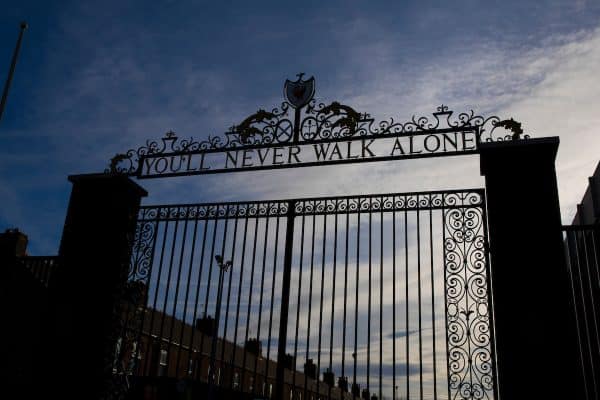
It’s true that companies and organisations much more monied than Liverpool FC are taking advantage of the government’s furlough scheme, and that they too should be held to account accordingly over the coming weeks and months.
They should also have already been held to account much more than they have been, and now more people are realising who the ‘key workers’ really are, the hope is that some of those employers will come under more widespread scrutiny in the future.
Recent UK governments have allowed big businesses, banks, and wealthy business owners, as well as those in The City who are the opposite of key workers, too much leeway and too many tax breaks. This, plus the way those huge companies treat their workers in general, needed to be addressed long before the current crisis.
Once this is over, the rights of these workers may continue to be largely ignored by the mainstream media, although we are already beginning to see that the mainstream media monopoly is being shaken and their own wealthy owners are worried.
Regardless of what happens there, football clubs will continuously be held to account every time they make a big-money transfer, or pay the latest star hundreds of thousands of pounds per week.
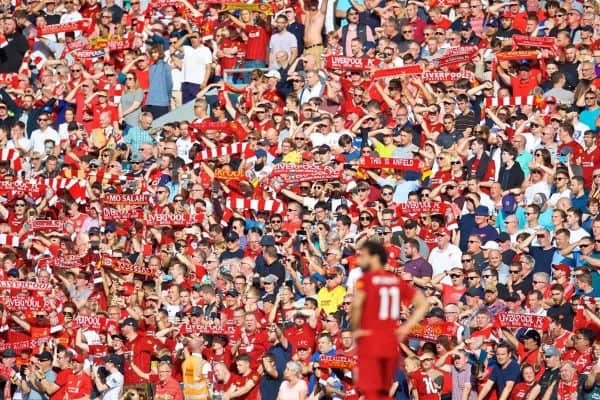
Big football clubs are small in comparison to some of these other businesses, but in many ways they are an isolated, concentrated example of how precarious capitalism can be, and of how money can build and build before the inevitable collapse.
It could be said that the coronavirus crisis accelerated this, but such collapses are inevitable and can be triggered by a number of factors, economic or otherwise. If a social and economic system cannot ride the waves in a time of crisis without being drastically altered, then surely it is not fit for purpose anyway.
Despite their relative size, football clubs are often held to different moral standards to other businesses—standards which should be applied across the corporate landscape, but often aren’t, especially when it comes to the much bigger companies, so….
…what makes football different?
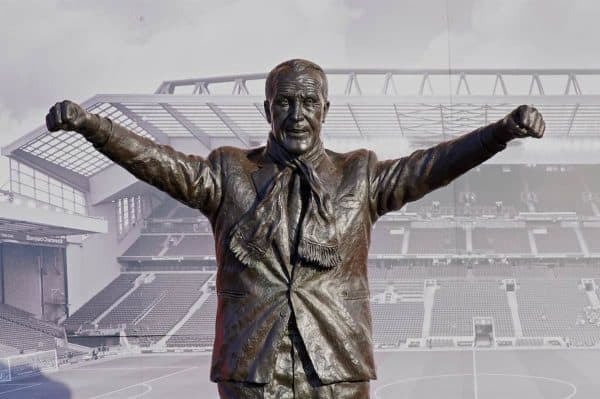
Liverpool FC are happy to use images of Bill Shankly and Bob Paisley in their marketing, claiming that the club still reflects the values of Shankly, who transformed a club founded by a Conservative businessman into one which holds socialist values dear.
‘This Means More’ reads the marketing slogan, and it is precisely because it means more that the club were roundly criticised for their recent decision.
There are many reasons football clubs are judged differently to other big businesses. The primary one is that they are defined not by their owners, but by their supporters and the communities in which they reside—or at least they should be.
By their very nature, football supporters are not customers in the traditional sense. They cannot choose to shop elsewhere.
Although, the extent to which football has been engulfed by money and greed has seen a number of supporters seek an alternative way of doing things which has included the formation of new clubs or turning to existing lower-league sides.
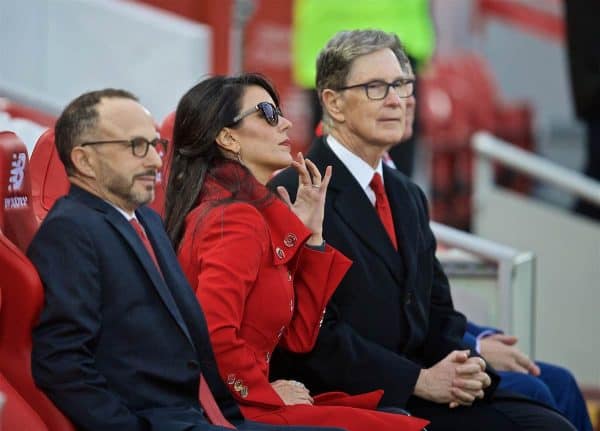
In an article for The Athletic, James Pearce noted that Liverpool’s original decision to furlough staff using the government scheme was “driven by data.”
Data-led decisions are fine when it comes to the football and sports science side of things, but not when it comes to a political decision.
From an economic and business point of view, the decision made sense for Liverpool’s owners, and probably still does, but decisions like this do ‘mean more’ in Liverpool, and in many other towns and cities which are home to football clubs across the UK, and they can’t be made based on finances and data alone.
It is up to owners to embrace the spirit of the supporters and the spirit of the city, and not just use it for marketing purposes.
If the club had consulted with supporters first—and they have an easy way of doing so via the club’s supporters’ union, Spirit of Shankly—then from the start of this process they might have found a better way to retain staff on full wages while also giving something back to the community.
Socialist solution?
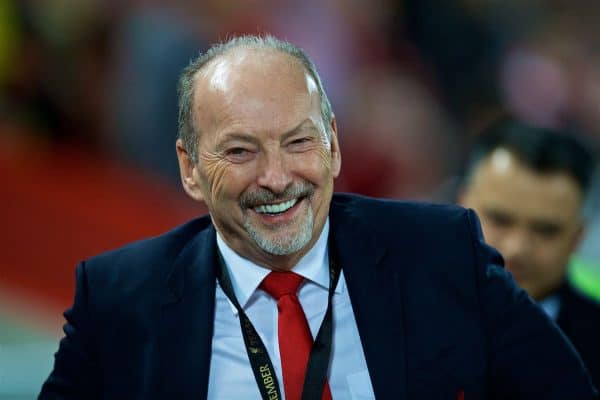
There are a number of ways they could have gone about this, with many suggesting that the best course of action would have been to take the government funds while they are available and put the money saved back into the community.
The club do lots of good work in the community, and the original announcement contained lots of information on said work, but there was no explanation given around the decision to use government money.
This overshadowed the rest of the statement, and the work being done to help staff and the community was sadly overlooked in the furore.
The way in which it panned out felt, on the face of it, like another example of the rich taking advantage of a scheme which could be seen as socialist—another example of the Martin Luther King quote: “The problem is that we all too often have socialism for the rich and rugged free-enterprise capitalism for the poor.”
If this were the way of things, and people generally got help from the state when they needed it and weren’t stigmatised for doing so, then it might be inconsistent to suggest some companies should be able to use a source of state money while others can’t. But this isn’t the way of things.
Taking money in this manner from a Conservative government isn’t socialism, not in the long term. Years of austerity have already crippled the poorest communities in the UK, and it is they who will suffer again when this money has to be paid back.
It may seem like free money rather than taxpayer money, and it might be painted as socialism in the short term, but in the long run it definitely won’t be.
The NHS is not a charity
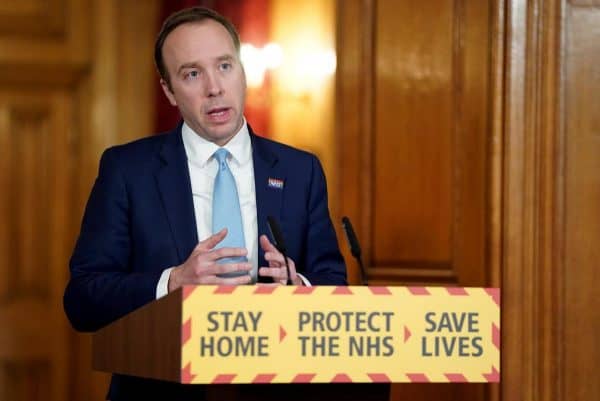
Austerity also affected the NHS and social care, and the result of this is now being seen in the most tragic of circumstances, with many workers on the front line not even having access to the personal protective equipment vital to deal with people face-to-face during such a pandemic.
This is letting down the NHS workers, the social care workers and the patients.
Some football clubs have decided to make generous contributions to NHS charities, and players have set up the #PlayersTogether partnership with NHS Charities Together to get funds to where they are needed most.
But it is wrong to think of the NHS itself as a charity and sets a dangerous precedent. It should already have been funded properly using taxes, including those paid by football clubs and players, but again, recent governments have failed in their duty to support public services.
With these actions, the players are helping support the NHS in a way the government haven’t.
The leaflet that introduced the NHS in 1948
“Everyone – rich or poor, man, woman or child-can use it or any part of it…it is not a “charity”. You are all paying for it, mainly as tax payers, and it will relieve your money worries in time of illness.”#VoteLabour to save the NHS pic.twitter.com/qkkDIWuqgz— UKLabour (@UKLabour) December 2, 2019
Rather than being run on a shoestring budget, one which is not sufficient at the best of times, the NHS needs to have enough spare funding to allow for plenty of slack in a time of crisis.
Experts have warned throughout history that pandemics are always just around the corner, and even the government’s Cabinet Office itself considered a pandemic the biggest threat to the country ahead of other threats such as financial collapse and terrorism.
They knew it was coming and still didn’t prepare. Even once it was here they were too slow to react, and for a time even actively encouraged its spread.
Moving forward; changing focus
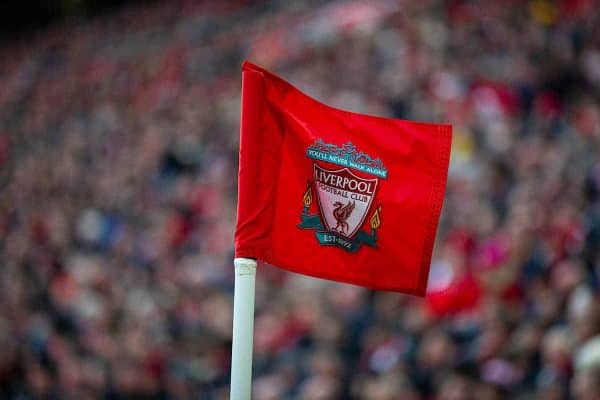
Liverpool were right to change their minds on this, and the fact they did shows the power of the supporters and the importance of having an organised voice for fans such as the Spirit of Shankly supporters’ union.
Football clubs should not be praised for continuing to pay staff in a time of crisis. It should be a given that they do, and many other clubs using this to score points should not be celebrated for doing so.
If the likes of Liverpool and Spurs had not been so widely criticised for using the furlough scheme, you can guarantee more clubs would have chosen to do it. For many, it has turned into a convenient PR exercise when they should simply be paying their staff and not making a song and dance about doing so.
Liverpool’s reversal of their original intention to use the furlough scheme was a relief for many fans, as well as those involved with the club who didn’t agree with the decision.
The fiercest criticism of Liverpool after the announcement came from those with close links to the club, and in the media it came from many who had regularly praised the club’s owners in the past. It wasn’t something they particularly wanted to write, and had not been desperate to do so.
It seems the fiercest criticism after the U-turn is coming from supporters of other clubs, some of whose owners are no different in their mindset, they just let other clubs test the water first.
With no football being played, the politics, ethics and economics of football clubs will come in for more scrutiny.
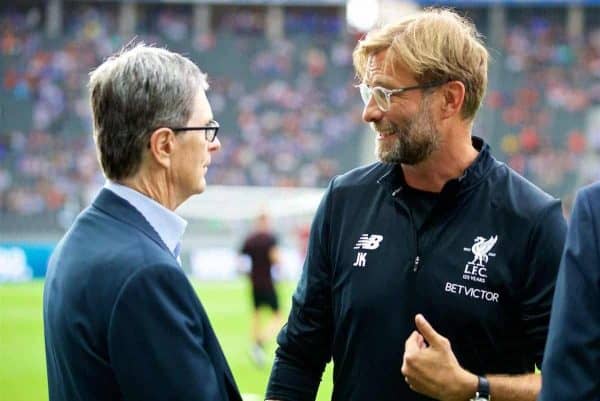
The business aims of Premier League clubs will be no different after this, but the landscape in which they do this business will have changed dramatically. Their future actions will be judged retrospectively on their actions during the crisis, and they will have more of a spotlight shone on their off-field issues going forward.
Many would have trusted Liverpool to do better things with money they might have saved from furloughing staff than they would the current government, but the initial, admittedly rushed announcement, gave no indication as to what they would do with it.
Such a small extra detail, which they might have added had they consulted with supporters first, would have made a big difference.
“If Liverpool were saying, ‘we’re going to furlough for three months, we’re going to get X amount from the government and then we’re going to pay it back further down the line’—that’s a different argument,” Ian Byrne, MP for Liverpool West Derby, told The Athletic.
“The shame for me was that this decision has overshadowed a lot of the great work the club is doing in the local community at this difficult time.”
While the government continues to use Premier League football and footballers to deflect the attention from their slow, negligent response to this crisis, and its failure to sufficiently support the NHS even before it, the clubs need to focus their efforts on the community and work with supporters on the decisions they make.
The focus now needs to be on the actions taken rather than the words published, which would hopefully allow the real issues to be thrust into the spotlight across the front and back pages.
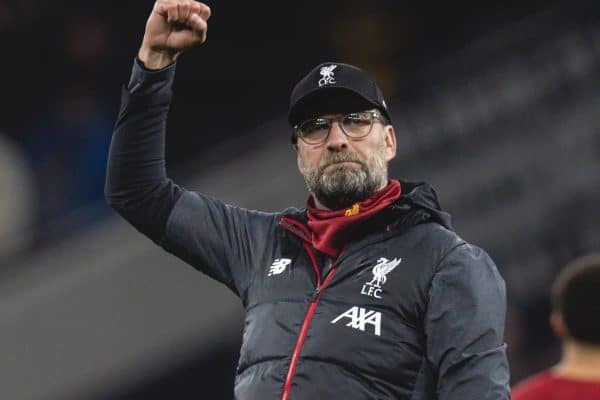



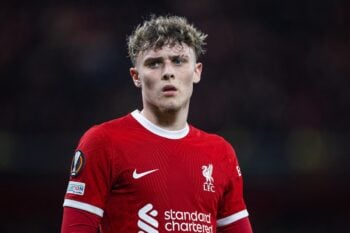
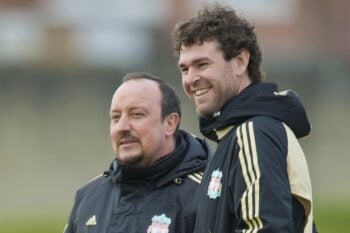

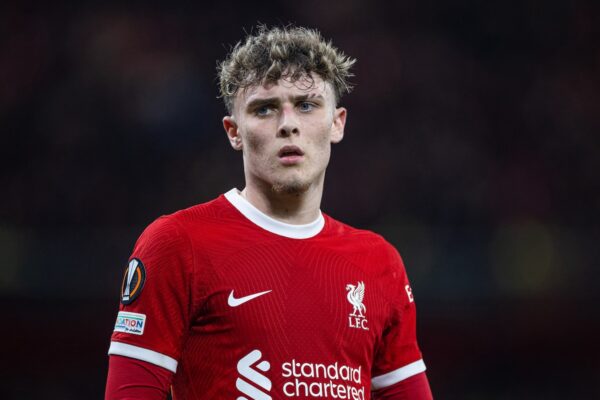
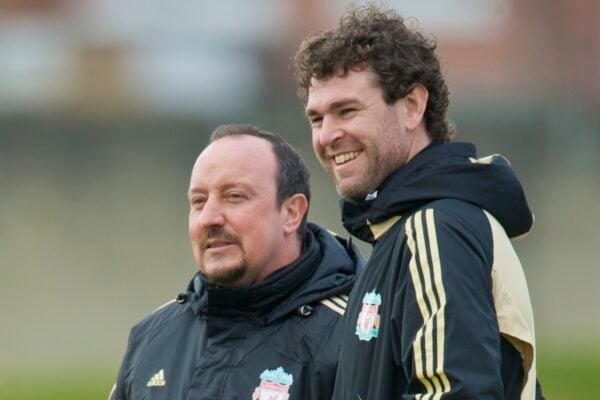

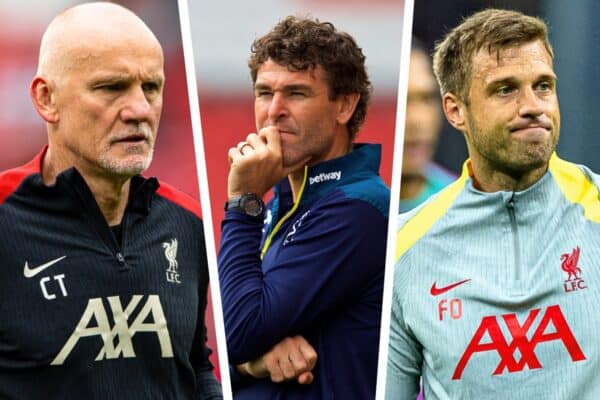


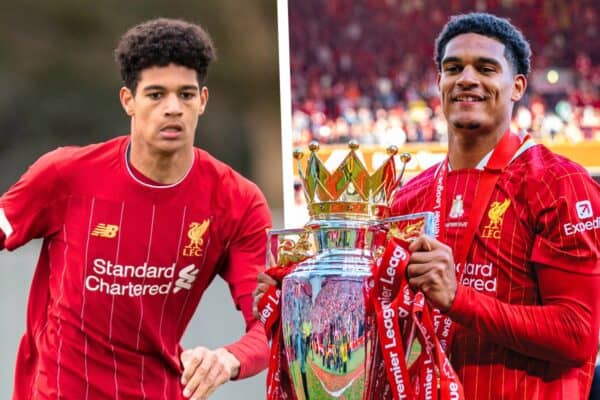




Fan Comments